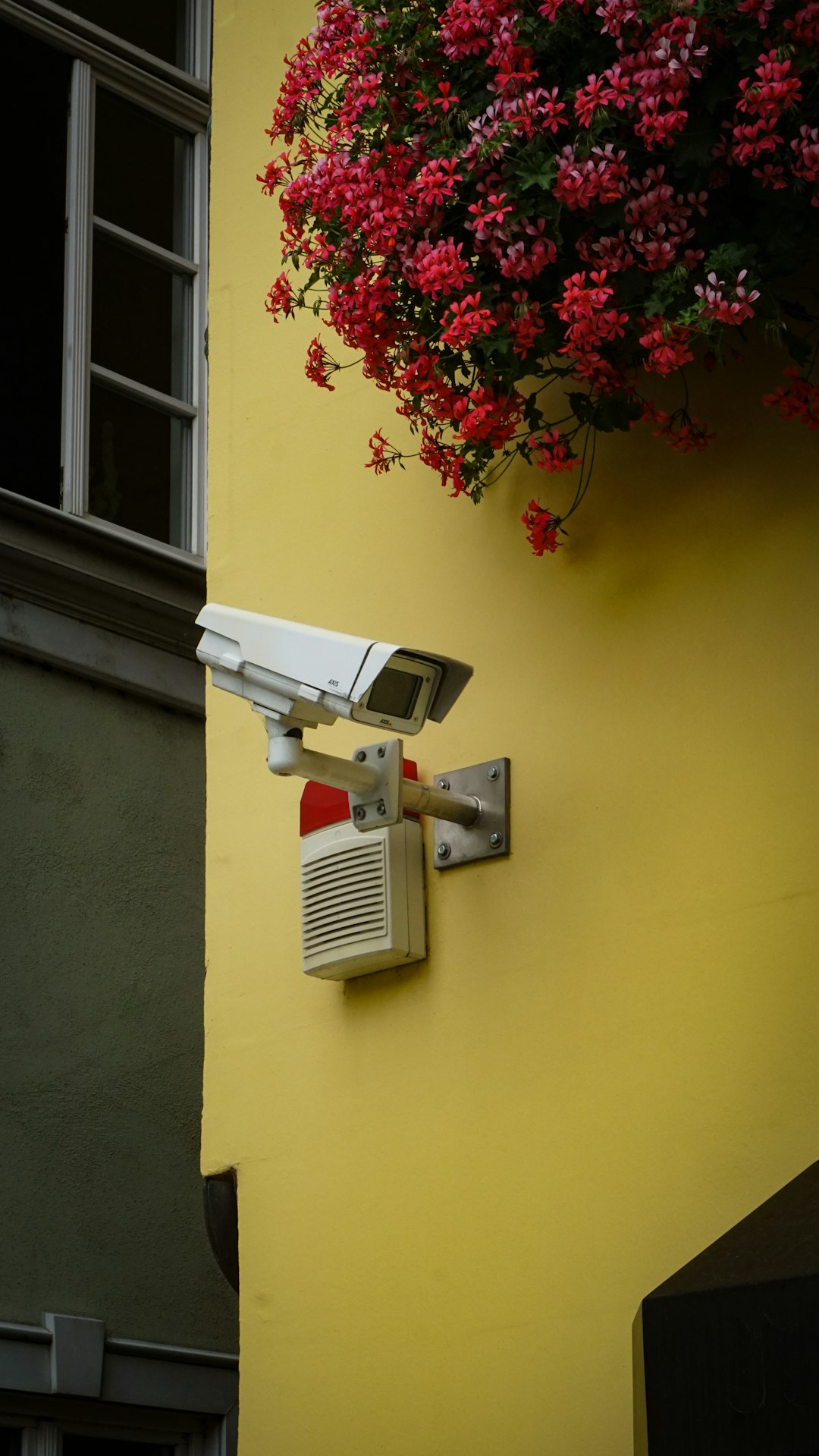In an era where digital privacy is more important than ever, many users in the USA are turning to Virtual Private Networks (VPNs) to protect themselves online. While the idea of a free VPN may sound appealing—especially to budget-conscious users—it often comes with hidden costs that most don’t realize until it’s too late. If you’ve considered or are currently using a free VPN, here’s what really happens when you use one in the United States—and trust us, it’s not good.
Table of Contents
What Is a Free VPN, and Why Is It Popular?
A free VPN is a service that allows users to mask their IP address and encrypt their internet traffic without paying a subscription fee. It offers an attractive proposition—anonymity and security without a price tag. But as the saying goes, “If you’re not paying for the product, you are the product.”
1. Your Data Is Being Sold
One of the primary revenue models for free VPN providers is data monetization. Unlike premium VPNs that rely on subscriptions to fund operations, many free VPNs generate income by collecting data on your online activities and selling it to third parties such as advertisers or data brokers.
This data can include:
- Your browsing history
- Your location
- The apps you use
- The time you spend online
By using a free VPN, you’re essentially opening a window into your private internet life and handing over the keys to whoever is willing to pay for it.

2. Your Device May Be Exploited
Some free VPN services don’t stop at collecting your data—they might also use your device’s resources for things you’d never knowingly agree to. This can include:
- Turning your device into an exit node for other users
- Using your bandwidth without your consent
- Running ads or adware directly on your system
These hidden activities not only slow down your device but can also expose you to questionable or even illegal activity occurring through your connection.
3. Weak Encryption Leaves You Exposed
While VPNs are supposed to protect your traffic through encryption, many free VPNs offer subpar or outdated security protocols. This poses significant risks, especially when connecting to public Wi-Fi networks in cafes, airports, or libraries—places where hackers often lurk, waiting for unprotected traffic.
Even a momentary vulnerability can expose sensitive information such as login credentials or financial information, making you a target for cybercriminals.
4. Your VPN Might Be Logging Your Data—Illegally
Some free VPN services claim a “no-logs policy,” but many fail to honor it. In fact, multiple investigations have found that popular free VPNs were logging user data and in some cases, cooperating with government agencies or complying with requests for user activity logs.
This is particularly concerning in the USA, where data privacy laws are not as stringent as in other regions like the EU. Without transparency, you have no way of knowing how your data is being handled—or who might be accessing it.
5. Performance and Reliability Are Often Abysmal
Aside from the privacy risks, free VPNs also disappoint in terms of performance. You’ll often experience:
- Slow connection speeds
- Frequent disconnections
- Limited server options
- Data caps and throttling
These issues make free VPNs unreliable for streaming, gaming, remote work, or anything that requires continuous and stable internet access.

What’s the Alternative?
If privacy, security, and performance matter to you, investing in a trusted, paid VPN is the safer route. Reliable VPN services are transparent about their data policies, offer strong encryption, and provide fast, stable connections. Most also offer a money-back guarantee, enabling you to try their service risk-free.
Look for VPN providers that:
- Have a strict no-logs policy audited by third parties
- Use strong encryption standards (e.g., AES-256)
- Offer 24/7 customer support
- Allow multiple device connections
Final Thoughts
Using a free VPN in the USA might seem like a good idea on the surface, but in reality, it can do more harm than good. From selling your data and weakening your security to compromising your device, the costs of a “free” service can severely outweigh the benefits.
If you value your privacy, your data, and your peace of mind, it’s time to make a smarter, more secure choice.




